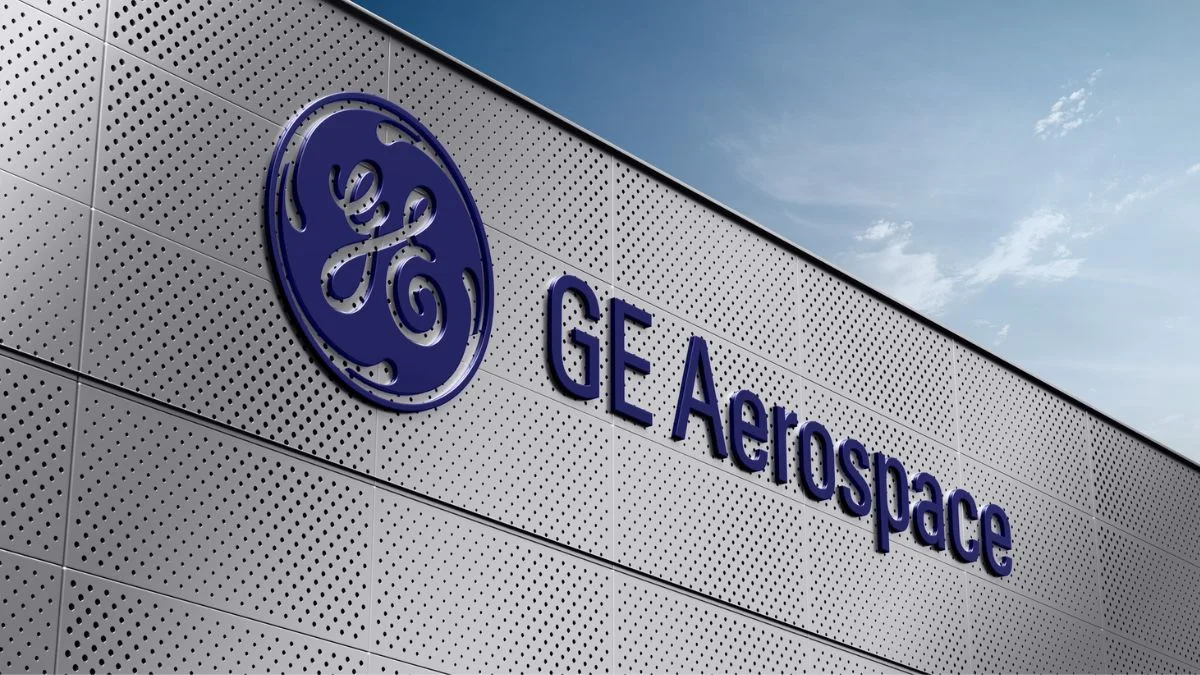In a groundbreaking partnership, GE Aerospace and Microsoft have teamed up to integrate artificial intelligence (AI) tools into the daily operations of approximately 52,000 employees at the aerospace engine manufacturer. This collaboration showcases the transformative impact of AI technology in enhancing workplace productivity and efficiency.
At the heart of this initiative is the newly launched “Wingmate,” a large language model (LLM) AI system built on Microsoft’s technology and developed in conjunction with OpenAI. Wingmate functions similarly to a specialized version of ChatGPT, tailored for GE Aerospace’s unique needs. Employees can leverage Wingmate to streamline various tasks, including summarizing manuals and data, identifying potential solutions to quality issues, and efficiently drafting presentations or emails.
The development of Wingmate was impressively swift, taking only six weeks from concept to launch, and it was rolled out to the workforce around three months ago. Since its introduction, the system has experienced remarkable user engagement, with employees querying it over half a million times and uploading more than 200,000 pages of text for processing.
Wingmate is not GE Aerospace’s first foray into AI technology. The company has previously employed machine learning applications to inspect jet engine turbine blades and monitor a vast fleet of engines deployed on aircraft worldwide. However, Wingmate represents a new era of AI utilization, operating on Microsoft’s cloud infrastructure while GE also employs Amazon Web Services for other machine learning models.
This strategic collaboration not only strengthens GE Aerospace’s industry leadership but also aligns with broader trends in AI adoption across various sectors. Investors can expect to see more partnerships like the one between GE Aerospace and Microsoft shortly as businesses increasingly recognize the advantages of AI solutions.
Financially, the partnership bodes well for both companies. Microsoft has earmarked a significant $47 billion for capital investment, including AI infrastructure, in 2024. Meanwhile, GE’s stock has surged by 84% since the spinoff of GE Vernova, driven by heightened demand for new jets amid supply chain challenges facing competitors like Boeing and Airbus.
As GE Aerospace continues to embrace AI tools like Wingmate, it positions itself to improve customer satisfaction and streamline operations, ensuring it remains a leader in the aerospace industry.


